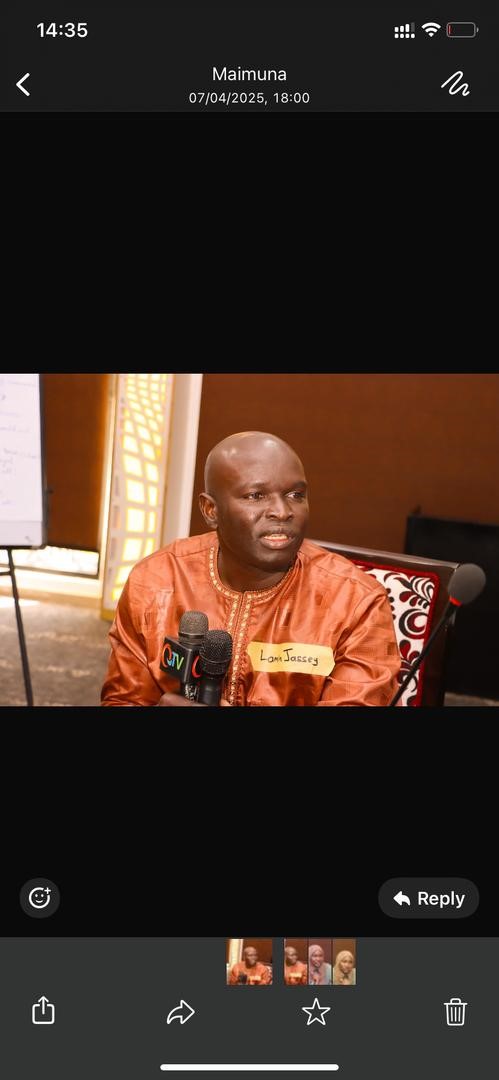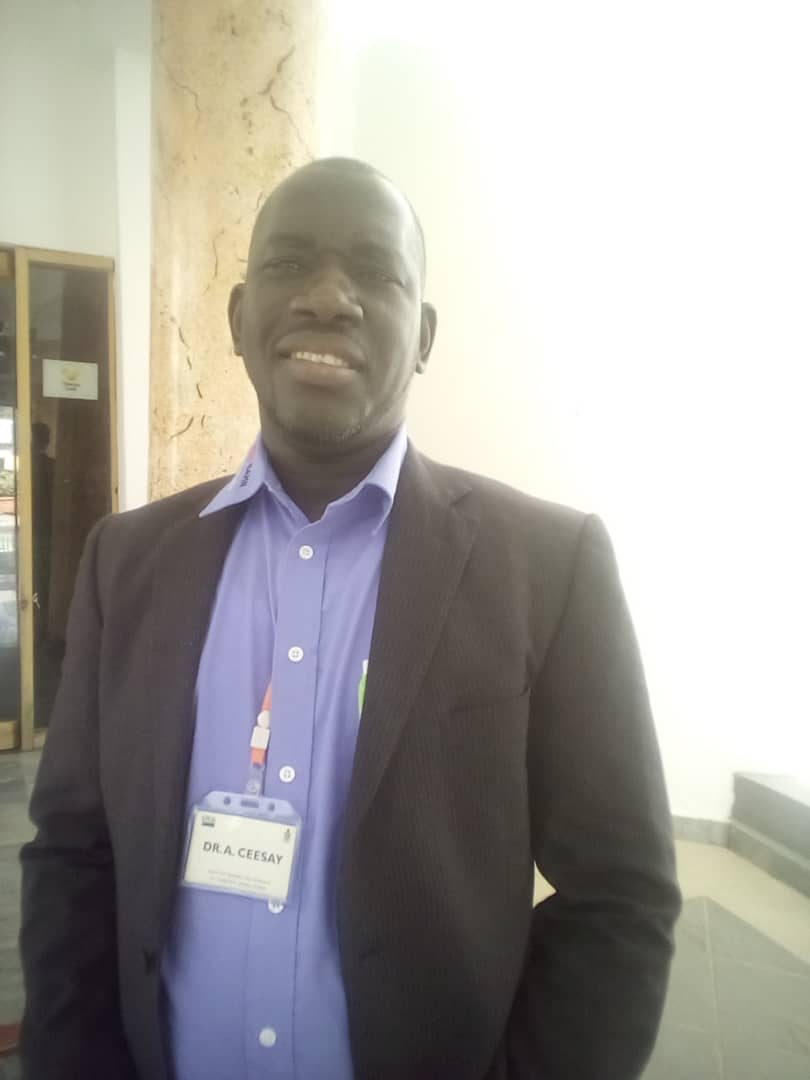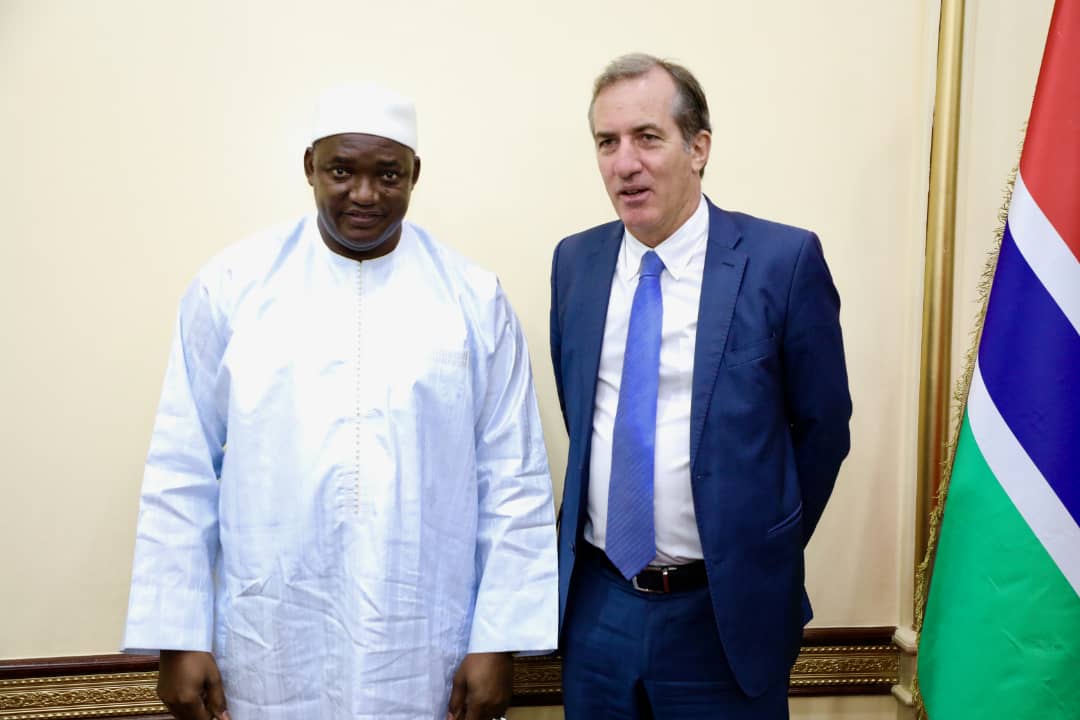By: Binta Jaiteh
The Executive Director of Gunjur Conservationists and Ecotourism Association (GCEA), Lamin Jassey, has asserted that the Gambia’s fisheries sector faces multiple threats, including illegal, unreported, and unregulated fishing which, he added, remains a tragic reality and negatively impacts marine and coastal ecosystems.
He made these remarks at a two- day workshop organized by the Greenpeace—an NGO focused on environmental sustainability and activism.
According to Jassey, The Gambia’s coastline stretches approximately 81 km bordered with only Senegal. He stated that the country’s Exclusive Economic Zone (EEZ) covers nearly 10,500 Km², adding that this geographic landscape provides the country with rich and diverse coastal ecosystems.
He pointed out that the fisheries sector is grappling with many obstacles that must be looked into for control measures to be taken.
“The challenges we have in the fishing sector is numerous. We have a lot of trawlers in the wrong zone, and nobody is acting on it. I would like the government to be represented in this forum so that a lot of questions around the fishing sector can be addressed,” he stressed.
Jassey argued that industrial fishing trawlers are reportedly routinely involved in a range of illegal unreported and unregulated fishing offences, including fishing without proper documentation.
The activist disclosed that The Gambian waters remain uncertain due to a lack of data, research, and documentation, adding that fishing trawlers actively target fish breeding and nursery grounds.
“Nets used by artisanal fishers are routinely damaged by trawlers fishing illegally within the nine nautical miles. Illegal unreported and unregulated fishing has brought a lot of challenges in the country. Abuses of labour rights in the trawlers… People working in the fishing trawlers have no job security. They are being overused day and night, and nobody is questioning that matter,” he alleged.
He further emphasized that the Gambia government and the citizens must assume the responsibility to ask why these issues continue to happen.
“Since 2016, fish meal factories are irresponsibly harvesting our fish without the country knowing the amount of tones they collect. We should also provide relevant questions to our leaders to make sure we safeguard our people. These are massive challenges,” he underlined.
Mr. Jassey said the government would never answer questions as far as the fishing sector is concerned.
“We all know the situation in the country currently, and through collaboration and commitment, a lot of challenges will be addressed. The Gambia government needs to act quickly,” he suggested.
Kaly Bah, ocean campaigner of Greenpeace reaffirmed the NGO’s commitment to support communities in the frontline, who are assaulted by environmental issues.
“We aim to build the capacities of the communities so that they will know the right to claim. Communities face a lot of challenges, and they don’t know how to overcome the problems. Our network also collaborates with several civil society organizations,” he stated.





